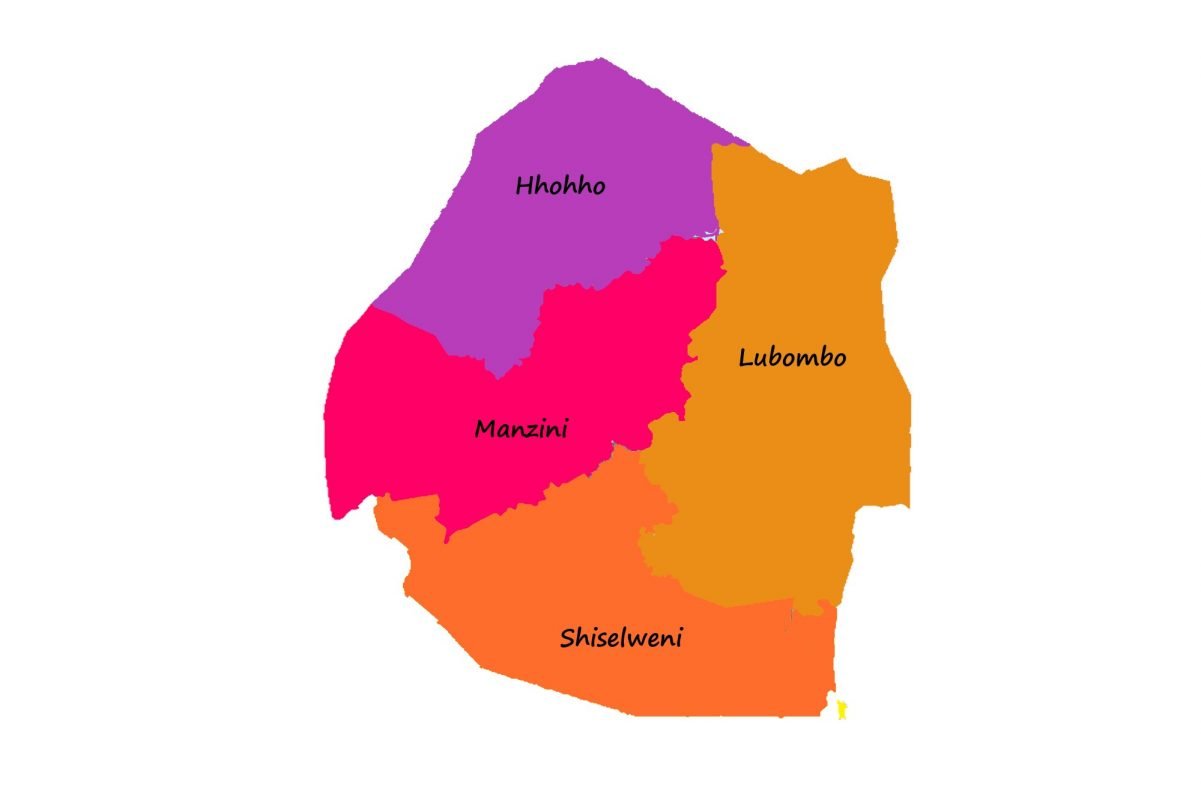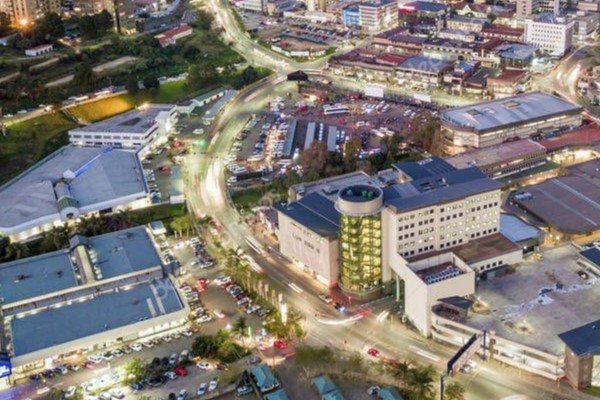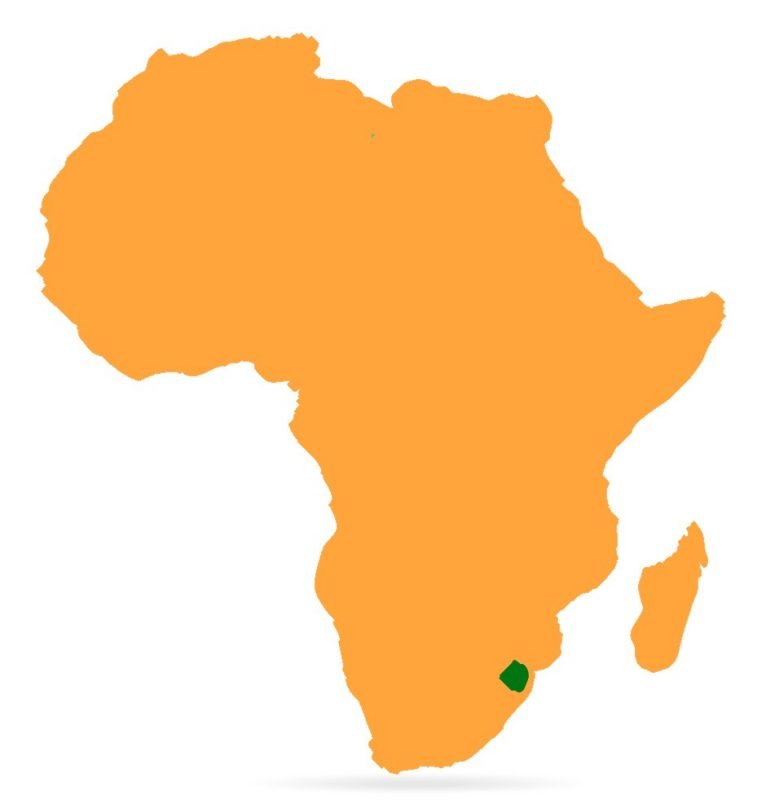CURRENCY
BUSINESS OPPORTUNITIES IN ESWATINI
ESWATINI




FLAG

ESWATINI
CAPITAL CITY

MBABANE, LOBAMBA

SOUTH AFRICAN RAND, SWAZI LILANGENI
Language

Population

11.72 LAKHS
Country
Calling Code

+268
LOCATION:

SOUTHERN Africa
BORDER COUNTRIES:
SOUTH AFRICA
MOZAMBIQUE
ABOUT ESWATINI
Eswatini, formerly known as Swaziland, is a landlocked kingdom in Southern Africa, bordered by South Africa and Mozambique. Despite its small size, Eswatini boasts a strategic location, serving as a gateway to regional markets. The country operates under a dual governance system, blending modern administrative structures with traditional monarchy, led by King Mswati III.
The administrative capital is Mbabane, while Lobamba serves as the royal and legislative capital. The official languages are Siswati and English, facilitating ease of communication in business and legal affairs. The currency, the Lilangeni (SZL), is pegged to the South African Rand (ZAR), ensuring currency stability.
As of 2023, Eswatini’s population is approximately 1.23 million, with a youthful demographic offering a dynamic labor force. The country is a member of key regional and international organizations, including SADC, COMESA, and the African Continental Free Trade Area (AfCFTA), providing investors with access to broader markets.
TRANSPORTATION & CONNECTIVITY
International Airports
- King Mswati III International Airport: The primary international airport, designed to handle up to 360,000 passengers annually.
- Matsapha Airport: Previously the main airport, now primarily used for cargo and domestic flights.
Seaports Access
Being landlocked, Eswatini relies on neighboring countries’ ports for international trade:
- Durban Port, South Africa
- Maputo Port, Mozambique
Additionally, Eswatini operates a dry port at Matsapha, facilitating customs clearance for goods transported via rail.
TAXATION & BUSINESS ENVIRONMENT
- Corporate Income Tax: Standard rate is 27.5%, with a planned reduction to 25% for fiscal years ending after December 31, 2024.
- Value Added Tax (VAT): Standard rate is 15%, applicable to most goods and services.
Eswatini offers a conducive environment for foreign investors, allowing 100% foreign ownership in most sectors. Business entities can be established as Limited Liability Companies (LLCs), Corporations, Branch Offices, or Joint Ventures.
KEY SECTORS FOR INVESTMENT
1. Agriculture & Agro-processing
Eswatini’s fertile land supports crops like sugarcane, maize, and citrus fruits. Opportunities exist in commercial farming, agro-processing, and export-oriented agriculture.
2. Manufacturing
The country seeks to diversify its economy through manufacturing, especially in textiles, food processing, and building materials.
3. Tourism & Hospitality
With rich cultural heritage and natural beauty, Eswatini offers potential in eco-tourism, cultural tourism, and hospitality infrastructure development.
4. Renewable Energy
Investments in solar and hydroelectric power are encouraged to enhance energy security and sustainability.
5. Information and Communication Technology (ICT)
The government is investing in digital infrastructure, creating opportunities in ICT services, software development, and e-commerce.
ADVANTAGES OF DOING BUSINESS IN ESWATINI
- Strategic Location: Proximity to major markets in South Africa and Mozambique.
- Stable Currency: The Lilangeni is pegged to the South African Rand, providing currency stability.
- Young Workforce: A youthful population offers a dynamic and trainable labor force.
- Government Incentives: Tax incentives and support for foreign investors in priority sectors.
🇮🇳 BUSINESS OPPORTUNITIES FOR INDIAN INVESTORS
Indian entrepreneurs and companies can explore various sectors:
- Pharmaceuticals: Manufacturing and distribution of generic medicines.
- Agricultural Equipment: Export and local assembly of tractors, harvesters, and irrigation systems.
- Construction Materials: Supply of cement, steel, and construction equipment.
- Textiles and Garments: Manufacturing for local consumption and export.
- Solar Energy Solutions: Installation and maintenance of solar panels and systems.
- ICT Services: Software development, IT support, and digital solutions.trade.gov
IMPORTS & EXPORTS
Major Exports from Eswatini to India:
- Sugar and Sugar Products
- Wood and Wood Products
- Textiles and Apparel
Major Imports from India to Eswatini:
- Pharmaceuticals
- Machinery and Equipment
- Textiles and Garments
- Electrical and Electronic Equipment
MANUFACTURING POTENTIAL
Eswatini’s manufacturing sector is poised for growth, with opportunities in:
- Agro-processing: Value addition to agricultural products.
- Textiles and Apparel: Leveraging trade agreements for export.
- Construction Materials: Local production to meet infrastructure demands.
MINING SECTOR
Eswatini possesses mineral resources like coal, gold, and diamonds. The government encourages exploration and mining activities, offering licenses and incentives to investors.
ECONOMIC INDICATORS
- GDP: Approximately $5 billion (2024 estimate).
- GDP Growth: Estimated at 4.8% in 2023.
- GDP per Capita: Around $9,804 (PPP, 2024).
For personalized assistance in establishing your business in Eswatini, including due diligence, registration, and strategic planning, contact Opesh Group.
📞 Call/WhatsApp: +91-8094607111
MOST RECENT VIDEOS
SIGN UP TODAY
Get our exclusive content and offers in your inbox











